arXiv, the oldest and best-known preprint repository, has announced that it will no longer accept review or position papers in computer science unless they have already been peer reviewed. The website will make exceptions only for papers that have been previously accepted by a peer-reviewed venue, such as a journal or conference. This change was made necessary by a surge in low-quality papers, including many that appear to be written using generative artificial intelligence (AI) tools.
The decision was announced in a blog post on October 31, stating that review or position papers in computer science were never officially on arXiv's list of accepted content types, but had been allowed at moderator discretion. However, the website's management has decided to tighten its guidelines to ensure the quality of submissions. According to the blog post, the move aims to prevent the proliferation of low-quality papers that can clutter the platform and undermine its credibility.
Richard Sever, chief science and strategy officer of the non-profit organisation openRxiv in New York City, which runs the biomedical-sciences preprint servers bioRxiv and medRxiv, believes that this move is a wise decision. "I think this is a wise move by arXiv," he said. "Both bioRxiv and medRxiv have had a no narrative reviews policy from the outset, and we've seen the benefits of this approach in terms of maintaining the quality of our submissions." Sever noted that the biomedical sciences preprint servers have not allowed narrative reviews, which have been a common feature of computer science preprints.
The surge in low-quality papers on arXiv has been attributed to the increasing use of generative AI tools, which can produce high-quality-looking papers but lack the rigor and originality expected in academic research. This trend has led to a rise in rejection rates, as reviewers and editors struggle to distinguish between genuine and AI-generated submissions.
arXiv's decision to tighten its guidelines is expected to have a significant impact on the computer science community, which has relied heavily on the platform for sharing and discussing research. While some researchers may be disappointed by the change, others see it as a necessary step to maintain the integrity of academic research.
The current status of arXiv's new policy is that it will be enforced starting immediately, with a clear warning to authors that review or position papers in computer science will no longer be accepted unless they have been previously peer reviewed. The website's management has promised to monitor the situation closely and make adjustments as needed to ensure the quality of submissions.
In the coming weeks and months, researchers and academics will be watching closely to see how arXiv's new policy plays out, and whether other preprint repositories will follow suit. As the academic community continues to grapple with the challenges of AI-generated research, arXiv's decision is seen as a significant step towards maintaining the integrity and credibility of academic research.
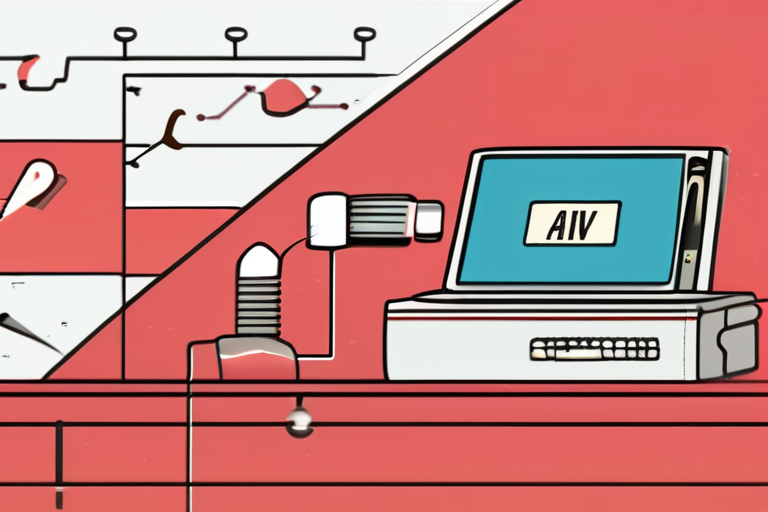


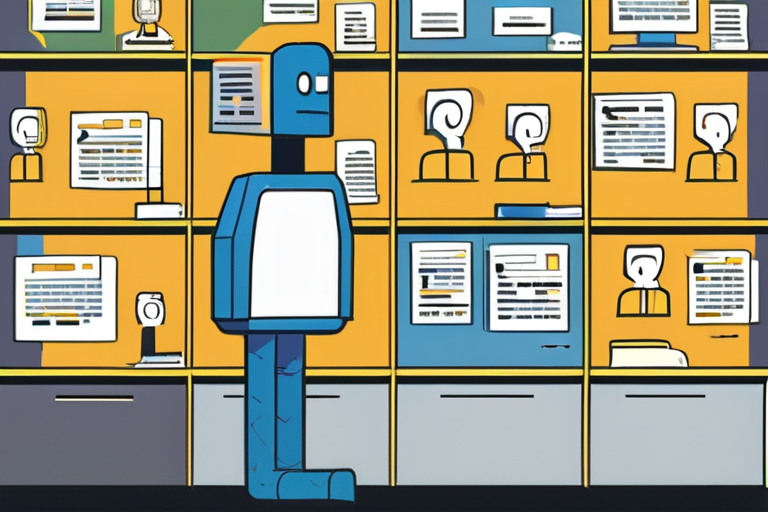


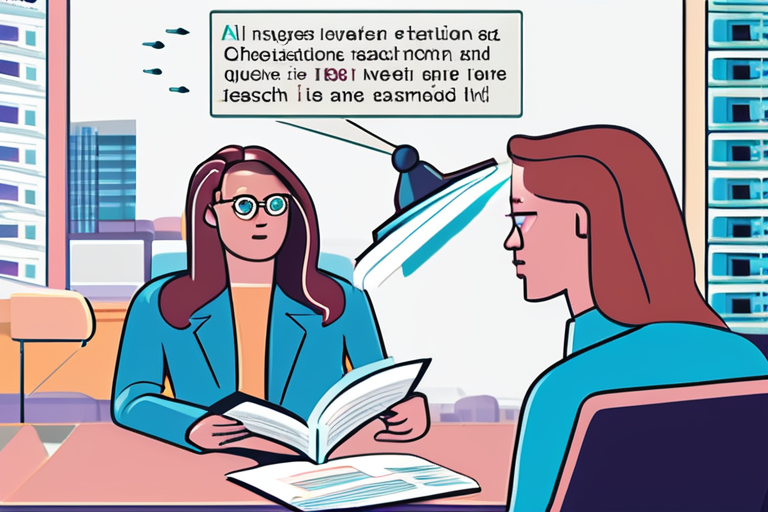
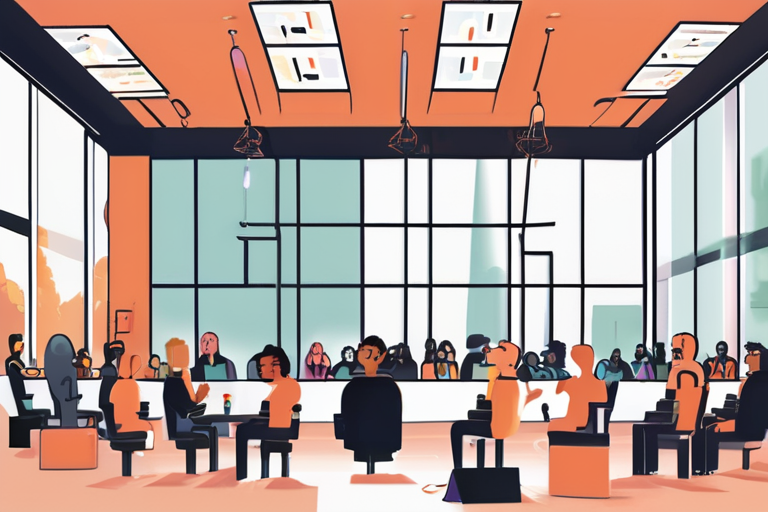


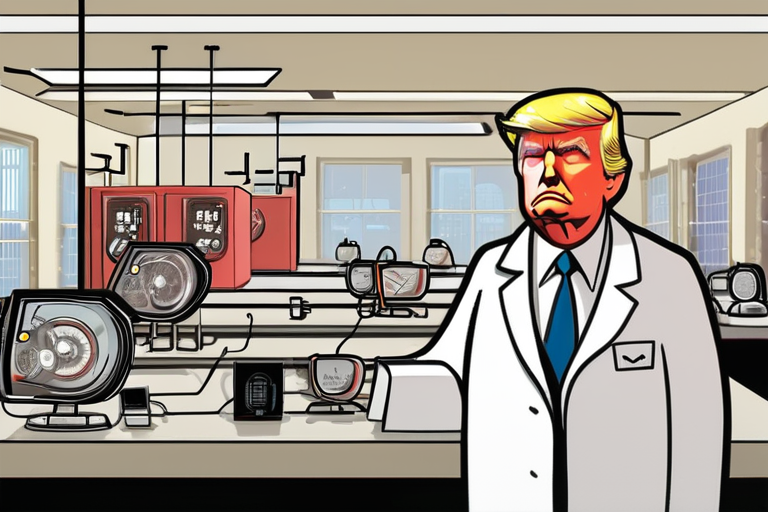




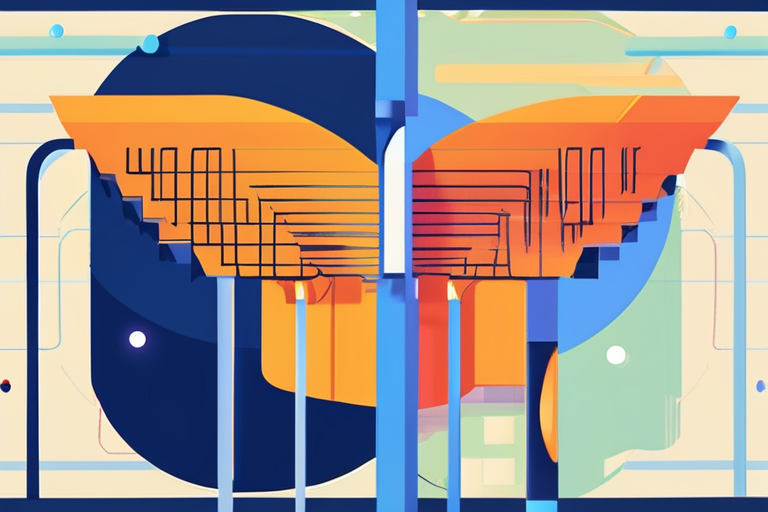

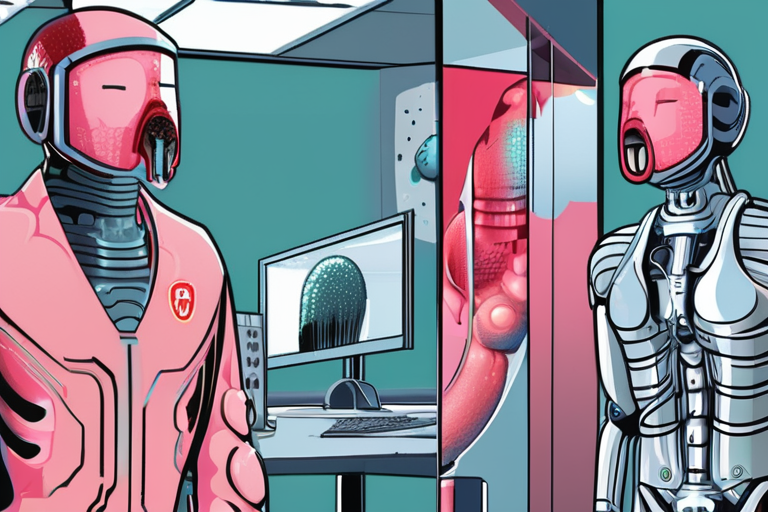





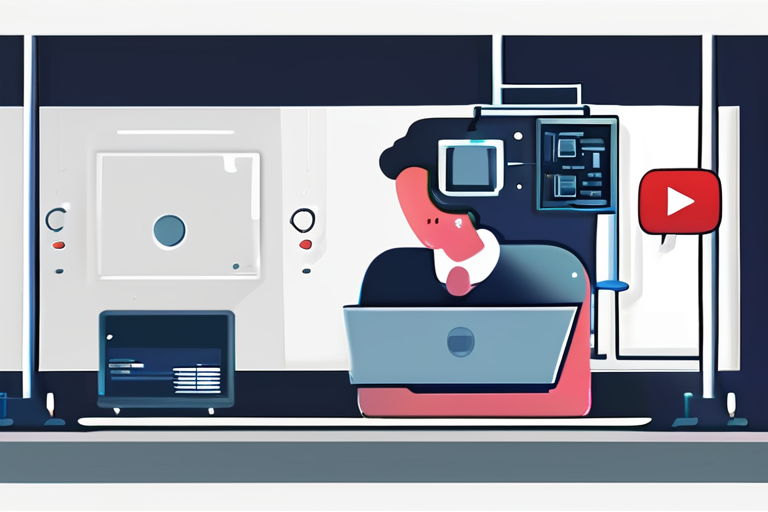
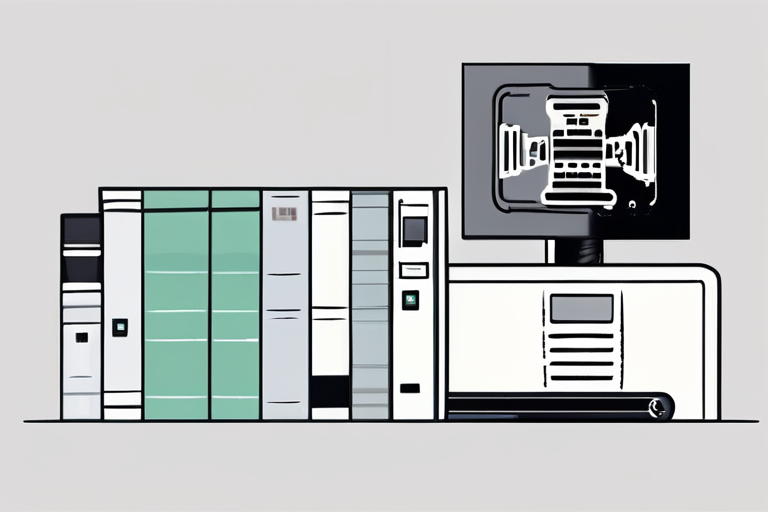

Share & Engage Share
Share this article